© 2025 MJH Life Sciences™ , Patient Care Online – Primary Care News and Clinical Resources. All rights reserved.
10 New Things in Nutrition and Health
This concise slideshow serves up a bounty of recent research findings to help your patients make healthful dietary choices.
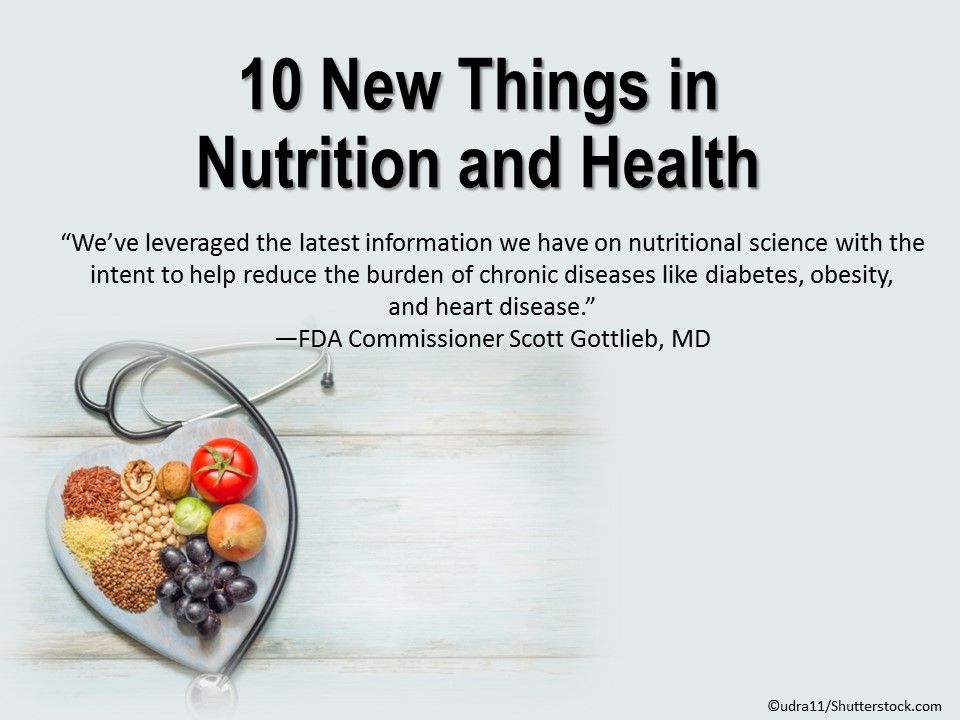
Recent research has produced a bounty of nutrition studies that can help your patients make more informed dietary choices for better health.
Click through the slideshow above to find concise summaries of some of the key findings and developments as well as links for more information.
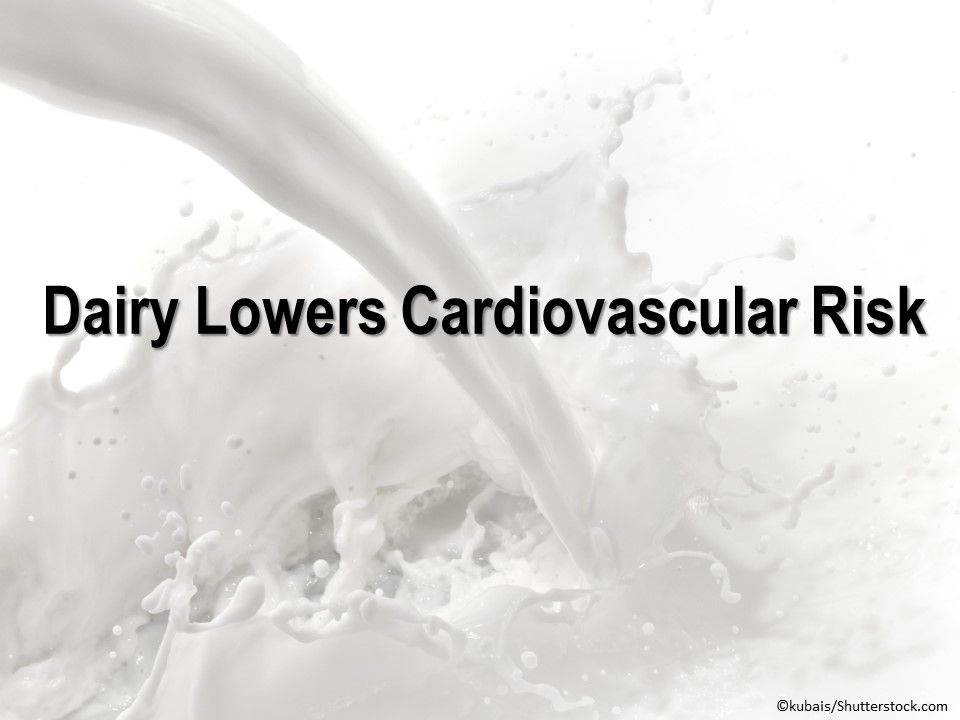
Got milk? Dairy reduces cardiovascular disease, mortality.PURE, a large multinational cohort study, linked dairy consumption with lower risk of mortality and major cardiovascular disease (CVD) events. Higher intake of total dairy lowered the risk of the composite outcome, total mortality, non-cardiovascular mortality, cardiovascular mortality, major CVD, and stroke. The CVD risk reduction resulted mainly from consumption of milk and yogurt rather than cheese and butter.

Vegetarian diet trims colorectal cancer risk. For this study, diet was categorized into 4 vegetarian dietary patterns-vegan, lacto-ovo vegetarian, pescovegetarian, and semivegetarian-and a nonvegetarian dietary pattern. The overall incidence of colorectal cancers was lower in persons who maintained vegetarian diets, and the risk was much lower in pescovegetarians (vegetarians who also consume fish and seafood). The findings could be useful for primary prevention of colorectal cancers.

Added information about added sugar. TheFDA will provide new information on the Nutrition Facts labels of pure maple syrup and honey. The old label listed total grams of sugar and did not distinguish between naturally occurring and added sugars. The updated label contains the quantity of added sugars in food products consistent with recent dietary guideline recommendations and the new daily value for added sugars to help consumers understand how foods with added sugars can fit into a healthy diet.
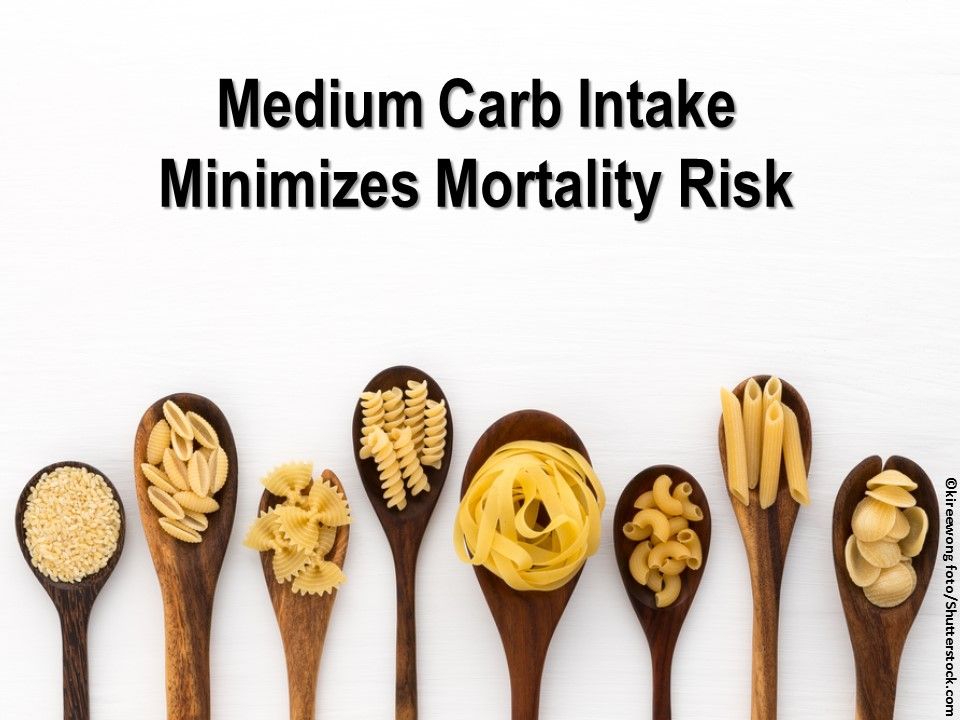
Both high and low carbs boost mortality. In a recent study, diets containing both high and low percentages of carbohydrate increased mortality. Low-carb dietary patterns that favored animal-derived protein and fat sources (eg, lamb and beef) were linked with higher mortality. Those that favored plant-derived protein and fat intake (eg, vegetables and nuts) were linked with lower mortality. Minimal risk was seen at 50% to 55% carb intake. The long-term effect of carb restriction on mortality remains controversial.

Zero tolerance for alcohol consumption. The risk of all-cause mortality, and the risk of cancers, rises with increasing levels of alcohol consumption, researchers determined. Although moderate alcohol consumption may have protective effects on some conditions, alcohol use remains a leading risk factor for death and disability, they stated. The recommended number of standard drinks consumed per week to minimize harm across health outcomes: zero.

Mediterranean diet fosters good sleep in older adults. Adherence to the Mediterranean diet (MeDi) was positively associated with sleep quality, but not sleep duration, in older adults. Age matters-sleep quality was improved with MeDi adherence in persons aged 75 years or younger but not in those older than 75 years. The associations did not differ between men and women. Considering improvements in diet quality in the context of sleep management interventions for older patients is recommended.

CAM brings unconventional treatments to psoriasis. About half of patients with psoriasis report using complementary and alternative medicine (CAM) in their treatment regimen. In a systematic review, nutritional approaches-indigo naturalis, curcumin, dietary modification, and fish oil (used daily)-ranked among the CAM therapies with the most robust evidence for effectively treating plaque psoriasis.

Fish oil in pregnancy stimulates growth in offspring. Supplementation with n-3 long chain polyunsaturated fatty acids (n-3 LCPUFA) from the 24th week of pregnancy led to a higher body mass index in offspring ages 0 to 6 years, but not an increased risk of obesity at age 6. There was a proportional increase in lean, bone, and fat mass at age 6 years in children given fish oil supplementation, suggesting that n-3 LCPUFA has a general growth stimulating effect.
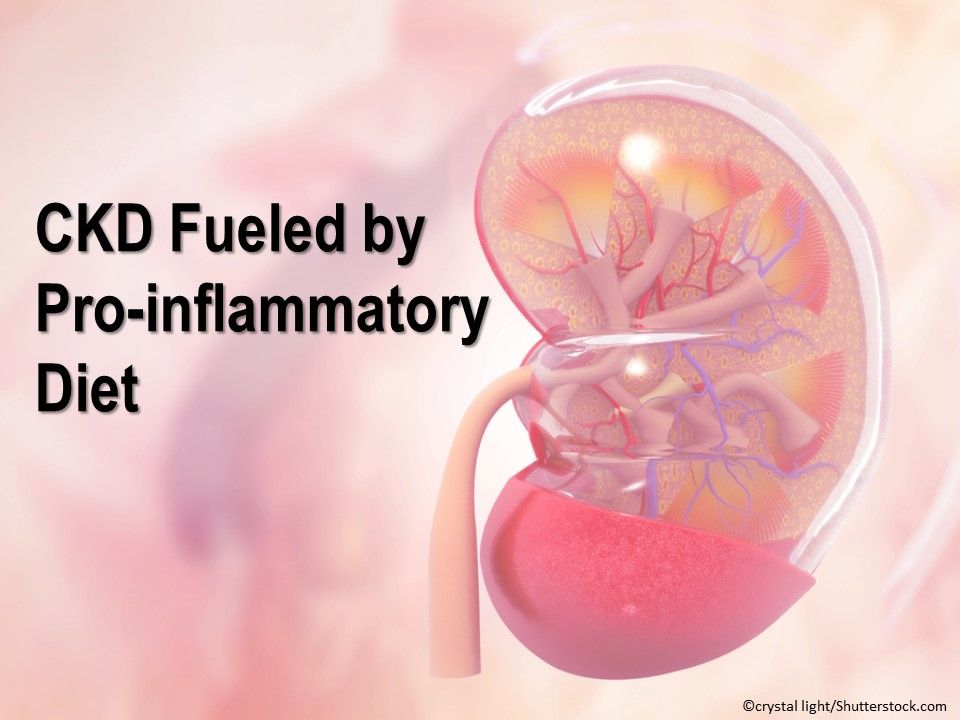
Kidney disease goes up with inflammation. A pro-inflammatory diet is associated with declining kidney function and a high prevalence of chronic kidney disease (CKD). Study participants with high E-Dietary Inflammatory Index (E-DII®) scores had greater body mass index, fasting blood glucose, and systolic blood pressure and were more likely to have diabetes or hypertension. Prevalent CKD increased from 5.3% in the lowest E-DII quartile to 9.3% in the highest. Dietary changes that reduce inflammation may help prevent CKD.
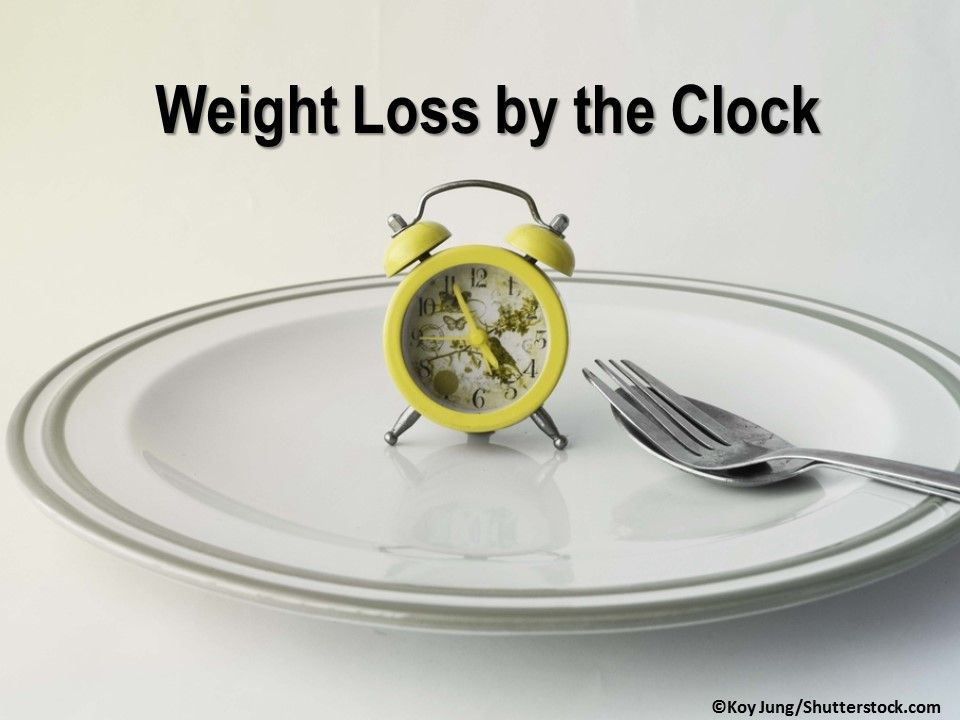
Change meal times to shed weight. In a pilot study of a moderate time-restricted feeding (TRF) intervention, participants were asked to delay breakfast and advance dinner by 1.5 hours each for 10 weeks to assess the effects on adiposity and metabolism. Changes in dietary intake, adiposity, and fasting biochemistry (glucose, insulin, lipids) were compared with controls who maintained habitual feeding patterns. The TRF group showed reductions in average daily feeding interval, total daily energy intake, and adiposity.
